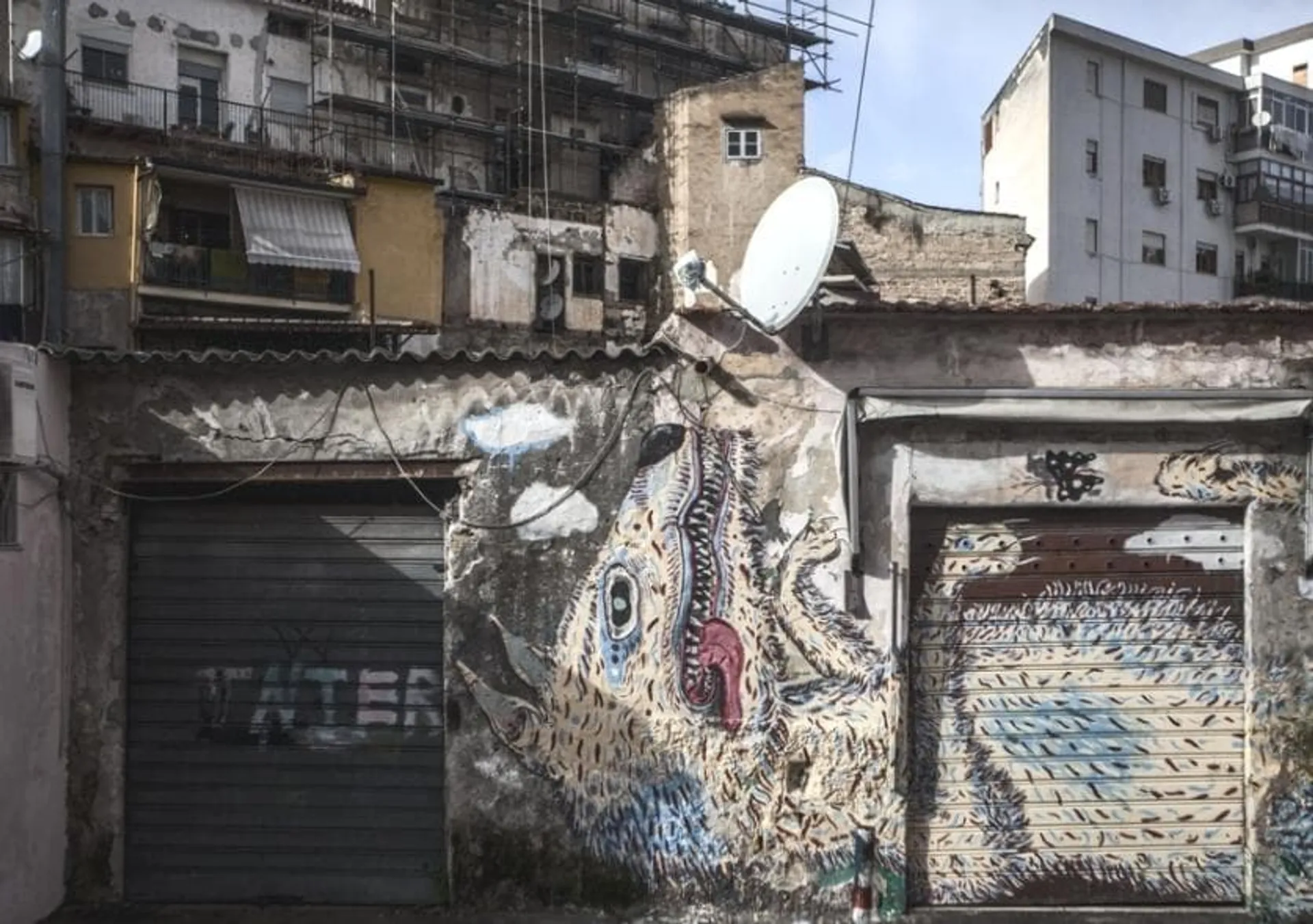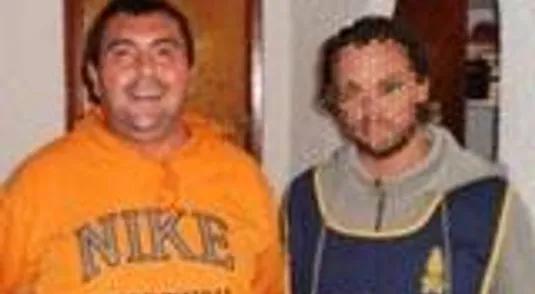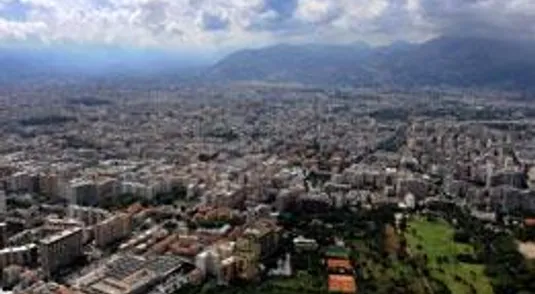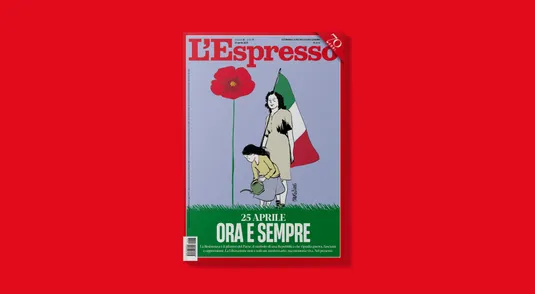Most of the godfathers are in jail. And a new generation of bosses is rising: they are cocaine addicts, invisible, disorganized and dangerous. Cosa Nostra is at a historic turning point. And this is occurring at the same time the Chinese land in Sicily.
The Mafiosi, as we knew them, don't exist anymore in Palermo. In the Sicilian city crippled by the crisis, unemployment and trash, Cosa Nostra was impacted by generational setback. The old godfathers, many of whom are buried for life in prison, with life sentences or under the Italian hard prison regime, are now been replaced by a new generation of picciotti, who pretend to be men of honor. They live under the myth of the most famous bosses. However, being that the structure that transformed violence in a system of power in Sicily’s capital collapsed, they are more like street criminals rather than godfathers, and the sign of an ever less organized and guideless crime.
[[ge:espresso:attualita:1.199134:article:https://espresso.repubblica.it/attualita/2015/02/12/news/palermo-com-e-invisibile-la-mafia-1.199134]]The new generation of Mafiosi likes to relax, to make the most of every action with a minimum effort. And they like to blow coke. When they are busted — nailed by eavesdropping —, they repent before even getting to the police HQs. They speak out to avoid going to jail. Unlike Mafiosi a decade or two ago, who remained silent for reasons of honor, they collaborate with the criminal justice system.
Yet the Cosa Nostra myth holds. There is always someone ready and willing to replace the picciotti arrested. This is a criminal turnover that levels down the quality of the bosses. The likely advantage of this decline, prosecutors say, is deceptive. Palermo’s fresh prosecutor Franco Lo Voi explained: "The Mafiosi rising today could prove capable of anything to show off to the old bosses in jail, and in order to claim and gain their confidence, even of raising the bar with sensational actions."
In Palermo there was only one mafia murder last year, but this does not mean that Cosa Nostra is defeated: the organization is just undergoing transformation and hiding ever more. Today’s mafia lacks a strategic direction, it has no true local or territorial leader (Toto Riina is still the head of the Cupola), or perhaps the leader has not yet been identified.
Surveys show that in Palermo the Mafia is weaker when it comes to dealing with politicians, except in election times, when it still happens that prosecutors take by surprise candidates begging votes to the clans. The weakening of the link between gangsters and politics is explained also by the scarcity of public procurement funding in town: there are few new building sites, and it is therefore more difficult to impose coverage businesses. However, rampant unemployment is drowning the city, and causing misdemeanor crime to thrive, especially in villages, where clans are now recruiting new picciotti.
"In Palermo Cosa Nostra is still recruiting heavily, mostly people that want to move up the ladder from misdemeanor and organized crime. Mafia families are still in control of their territories, and respectful of mafia rules, they avoid waging wars against each other. “Cosa nostra is still polluting the social fabric of the city," said the deputy prosecutor of the National Anti-Mafia Directorate, Maurizio De Lucia.
The "new" mafia wants to be invisible in Palermo, but it does not forgo demanding protection money from business owners and entrepreneurs. However, things are changing here as well. Prosecutor Lo Voi believes that the conspiracy of silence has been broken: "I am addressing here the men who commit extortion: their path is coming to an end, they have no future. The merit of this goes both to the increasing number of victims who collaborate, and to the success of probes."
Prosecutors acknowledge that the merit of sparking a revolt against racket goes also to many community organizations. In particular, groups and spontaneous associations like Addiopizzo that were successful in the last few years in growing an anti-mafia culture. They counsel those who want to stand up against the clans, and are a voice of hope and legality in schools and among business owners.
To make money, Cosa Nostra is going now back to the past: it is diverting efforts back again to drug trafficking. To be sure, it is not what it was in the seventies, when the mafia was able to ship full loads of heroin to New York in jumbo cargos leaving from Punta Raisi. This traffic’s international leader is now the 'Ndrangheta. Palermo’s mafia, however, stepped in with might to take up the management of this traffic and to head the business. Is activities are no longer confined to the axis Naples-Palermo, but are moving back to its traditional routes, especially Colombia and the United States, which are still almost exclusive territory of the Calabrian clans when it comes to handling the import of large quantities of drugs
In the meantime, in Palermo like in many other Italian cities, the Chinese are expanding their communities apparently. They moved from the Central Station area to wide areas of the historic center and all the way to the limits of the Ballarò market. The Chinese are paying cash to take over small and large commercial businesses from Palermitans, who are left out. These businesses are expanding in areas where once the mafia was strong, and imposed a lace on merchants as a rule. None of these Chinese businesses owners appear to have suffered extortion. But there is more to the story of the Chinese community.
A well-dressed thirty year old Chinese has been seen traveling on luxury cars. He is, as it seems, leading his community’s invasion of Palermo: he buys up local parlors and bars, opens new restaurants, and manages the distribution of soft drinks to stores and restaurants. Small and large businesses in several districts are turning to him for sodas supplies. Cosa Nostra owned in town these businesses in the past: now, and oddly so, it seems to just be standing put and watching.
Sicilia08.07.2010
In vacanza contro la mafia



